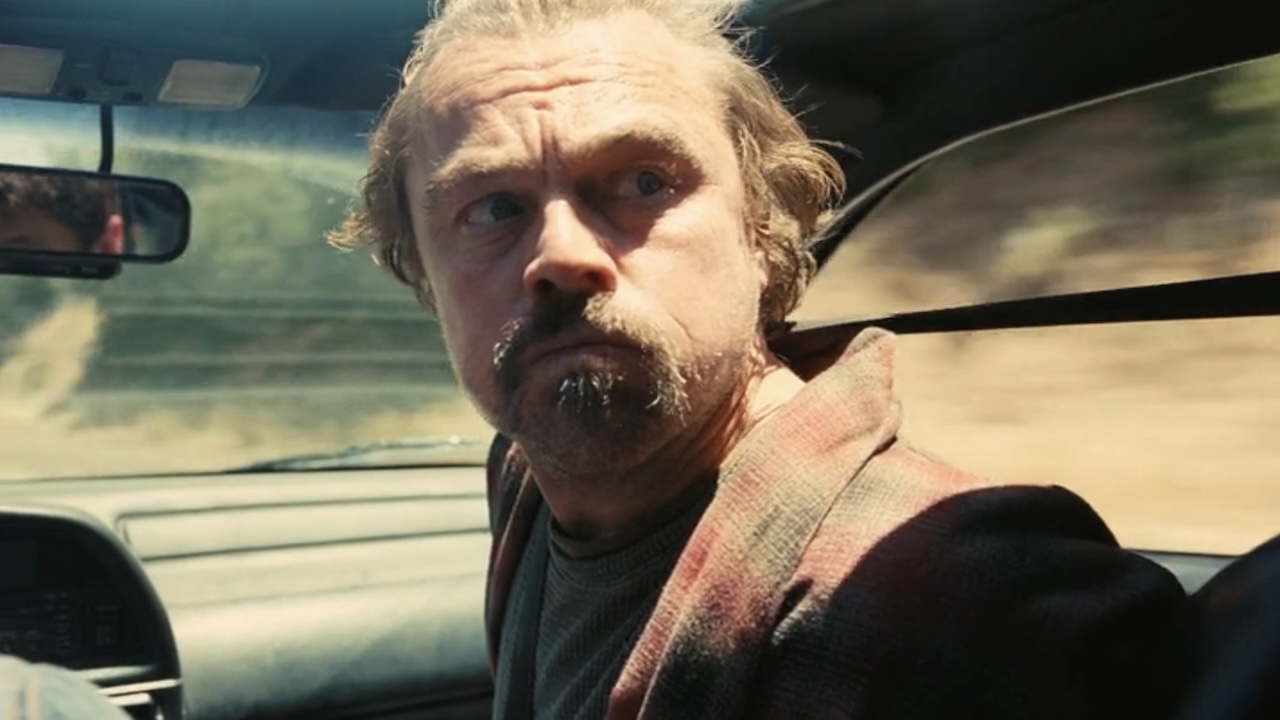I Finally Watched The Blackening And Really Want To Talk About This One Character
It's so funny but a little bit profound.
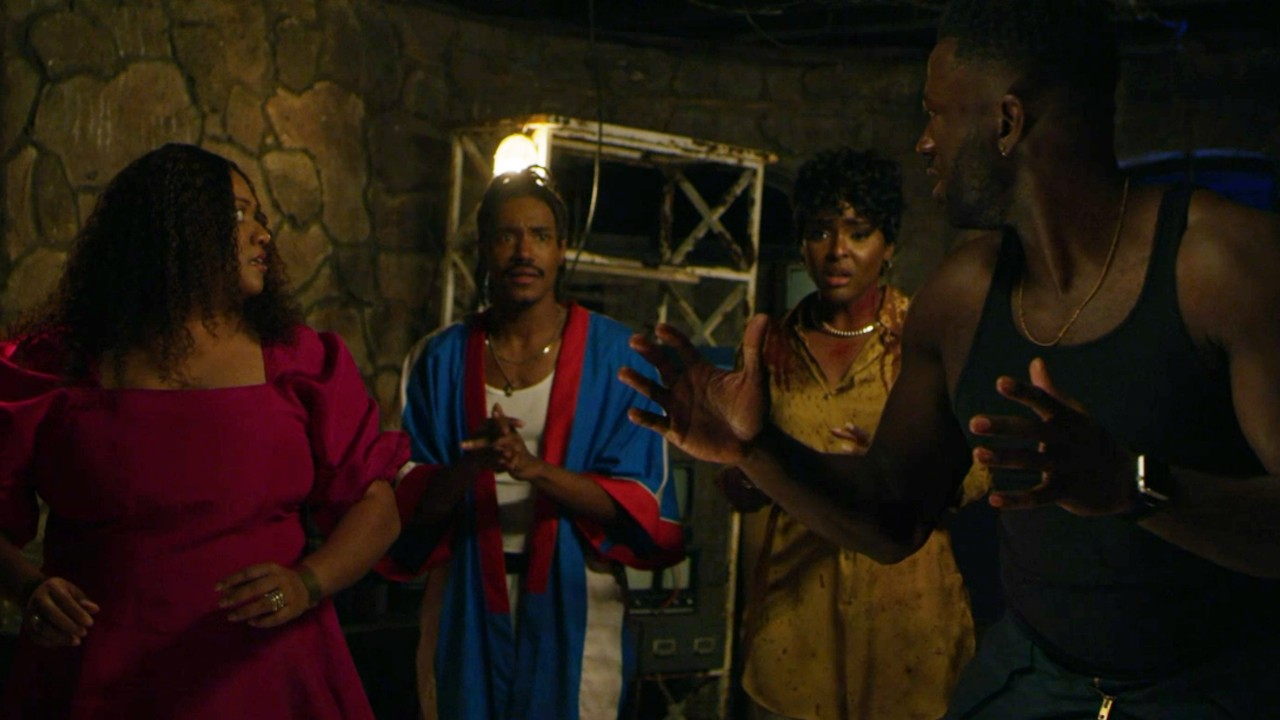
As a Black horror movie fan, I know the running joke about Black people always dying first in horror films. As of 2025, many exciting Black-centered horror movies exist, but it took Hollywood a while to make them regularly. There are still not enough. Therefore, it is very clever of The Blackening screenwriters Dewayne Perkins and Tracy Oliver to base the film on this concept. In this very funny horror comedy, a group of Black friends gather for a Juneteenth celebration.
Suddenly, they’re forced to play a game that questions their culture and knowledge of all things Black. The Blackening is full of kooky and entertaining characters. However, the most fascinating one is the killer in this movie. The motives behind the crimes raise many thought-provoking ideas, yes, even in such a comedic setting.
Warning: The Blackening spoilers are ahead. Proceed with caution.
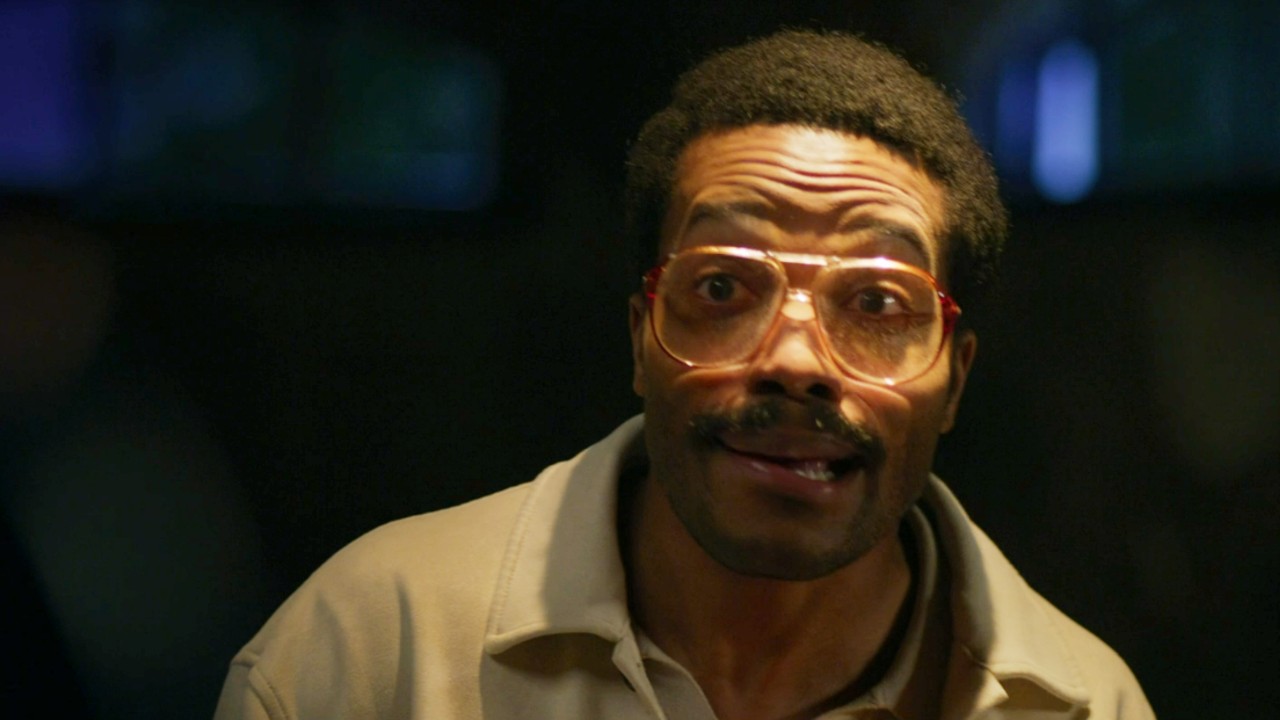
I Thought The Blackening's Killer’s Motives Were Fascinating
Allison (Grace Byers), King (Melvin Gregg), Shanika (X Mayo), Dewayne (Dewayne Perkins), Lisa (Antoinette Robertson), and Nnamdi (Sinqua Walls) realize that Clifton (Jermaine Fowler) is not dead. He has been the one orchestrating everything to exact revenge on the group for what they did to him years ago.
Because they taunted him for losing a game of Spades, he got drunk and committed vehicular homicide. The group questioned Clifton’s blackness due to this game loss, and that made him feel insecure, leading him to spiral.
In the Black community, the topic of blackness can be a sensitive one. Sometimes, if you don’t check all the necessary boxes of what’s considered Black culture or behavior, you can lose your invisible Black card.
It’s something usually said amongst Black people in jest, but it can be taken seriously. For example, Clifton had already felt like he wasn’t Black enough because of his interests and behavior. Then this humiliation added to his feelings of inadequacy, and it was all too much.
Your Daily Blend of Entertainment News
Like many great horror comedies, Clifton’s story comes off funny but also reminiscent of exceptional horror movies. The motives of many classic horror movie villains stem from some sort of physical or emotional trauma inflicted on them by others. The Blackening shows how questioning someone's blackness can cause emotional harm.
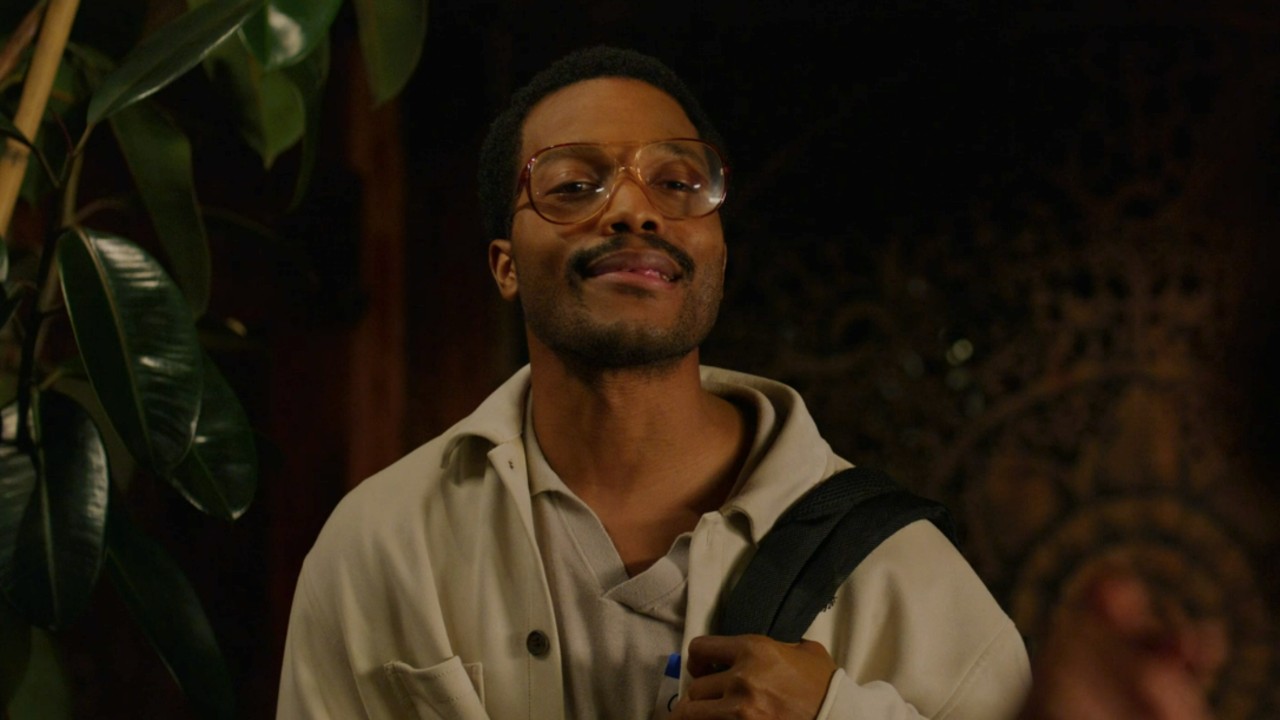
His Motives Also Start An Important Conversation About Blackness And The Harmful Ways It Can Be Discussed
Despite how ridiculous Clifton is as a character, I think you can understand why this hurts him. I am confident in my blackness now, but as a child, I was teased about not being Black enough for all types of reasons. It didn’t do much damage to me psychologically, but I did question if I had embraced my Black identity enough at that time because of it. I wondered if I wasn’t engaging in Black culture enough.
With age comes more self-assurance. I know myself and I am very comfortable in my blackness, but someone as young as college-aged Clifton may not have reached that level of confidence in his identity then. Therefore, something as small as losing his Black card could have been a major defining event for his development.
Now I doubt anyone looks towards The Blackening for a major life lesson. Nevertheless, I believe this is an important message. The spectrum of blackness doesn’t need defining.
Black is how someone identifies themselves, not how others project their definitions or prejudices on them.
Clifton’s story is one of The Blackening’s many entertaining jokes, but it also has an insightful message to not make someone feel less than because they don’t fit into a narrow definition of what it means to be Black or act Black.
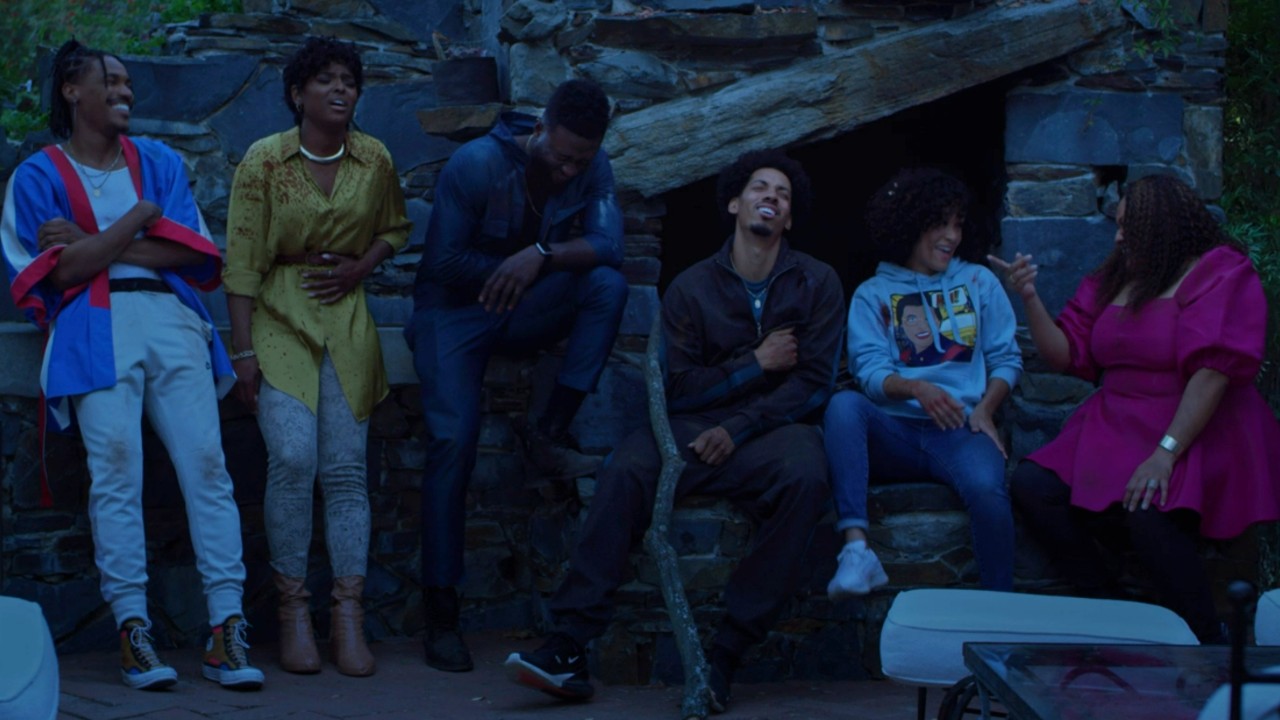
Clifton’s Motives Made Me Like The Other Blackening Characters Less
The Blackening has a wonderful cast of talented actors and comedians, and they played all their characters so well that I couldn’t help but hate them. All The Blackening characters are fun but not exactly likable. I think this is by choice. They’re in a life-or-death situation, so naturally, some of their more ruthless and dangerous traits take over. It’s survival of the fittest.
However, these characters become a lot worse when you learn how they tease Clifton to the point of pushing him over the edge. The moment Clifton enters The Blackening, he’s an unwelcome guest. The other characters tolerate him but don’t like him. Their distaste for him grows.
He’s like the Carlton Banks or Steve Urkel character, but so much worse. He’s an annoyance that only becomes more problematic. The group decides to sacrifice him to save everyone else. His blackness once again comes into question.
The Blackening channels some of its witty satire by having Clifton sacrificed because he’s the least Black, according to the other characters. Clifton must die because he doesn’t help his people but directly does things that hurt them, or chooses ignorance over embracing his culture. Clifton isn’t a likable character, but he doesn’t deserve the ridicule from the others. This says a lot about how toxic this group could get when in college. We all hear through The Blackening some of their past bad behavior with one another, but it seems like they have grown and matured since college.
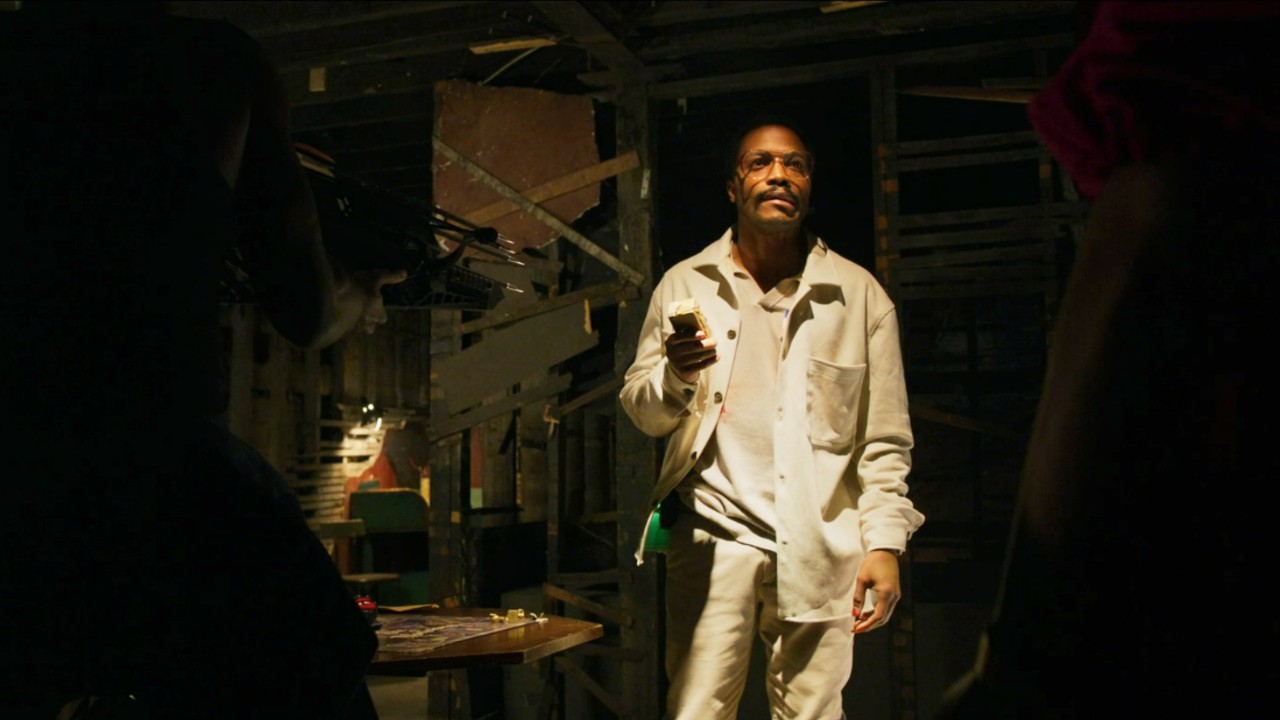
But, I Still Didn’t Support Clifton Because Of His Overall Personality
Now I can sympathize with Clifton but I hate the character. He’s very annoying. Additionally, many of his choices prove that he’s despicable and deserves to die. He may be a villain that you can understand his motives but not support them. Someone teasing another person about their blackness does not warrant a murder spree.
Additionally, no one forces him to drink and drive. All Clifton’s actions are his own. He deserves very little sympathy, so I cheer when he dies. Not only because he deserves to die for all his terrible choices throughout the film, but for trying to kill everyone and just being an irritating character in The Blackening. His death may be one of the most satisfying movie deaths.
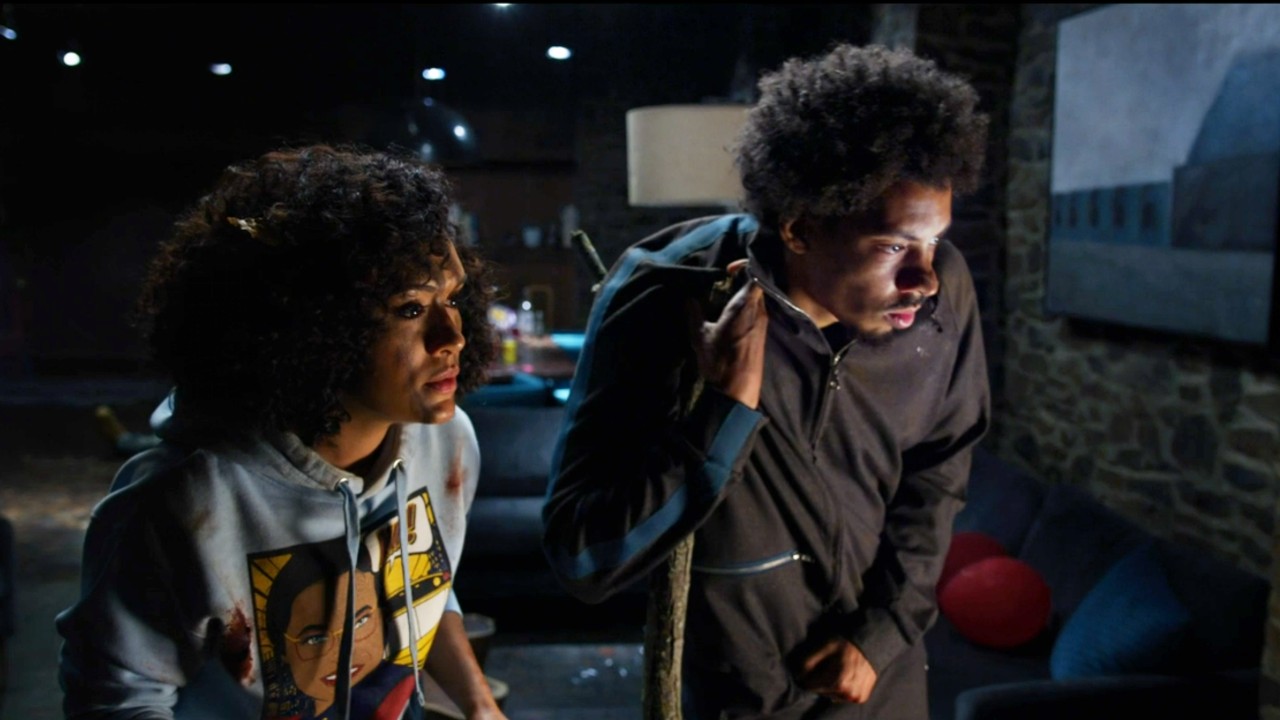
I Think Clifton's Story Is A Prime Example Of Why The Blackening Has Sharp Social And Pop Culture Commentary
I am glad I watched The Blackening and now understand why it's one of the best comedies of 2023. It’s a really fun horror comedy that pays homage to the genre but is still unique and refreshing. What I enjoyed the most is its sharp social commentary. The defining of blackness is one of the film’s most prominent topics, but it touches on so many others, like homophobia in the Black community, racism, colorism, and so many other things that a Black audience specifically will appreciate and understand.
Then as a pop culture junkie, I loved the clear tributes to things like Black sitcoms, horror movies, references to Black Twitter, and so on and so forth. The Blackening truly feels like it's made by and for Black people in the best way. I would gladly watch a sequel or two.
Stream The Blackening on Peacock.

Spent most of my life in various parts of Illinois, including attending college in Evanston. I have been a life long lover of pop culture, especially television, turned that passion into writing about all things entertainment related. When I'm not writing about pop culture, I can be found channeling Gordon Ramsay by kicking people out the kitchen.
You must confirm your public display name before commenting
Please logout and then login again, you will then be prompted to enter your display name.
